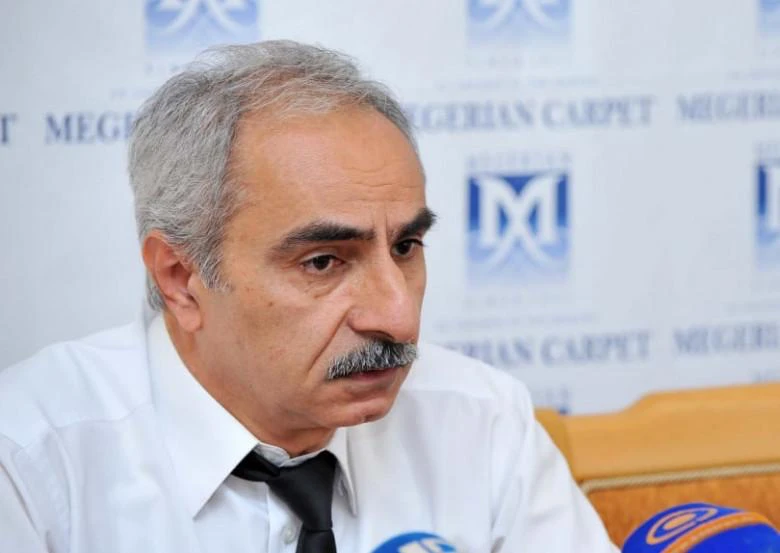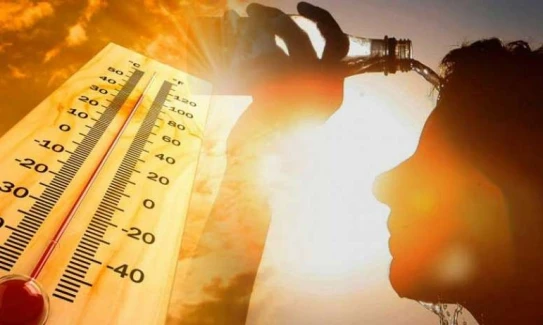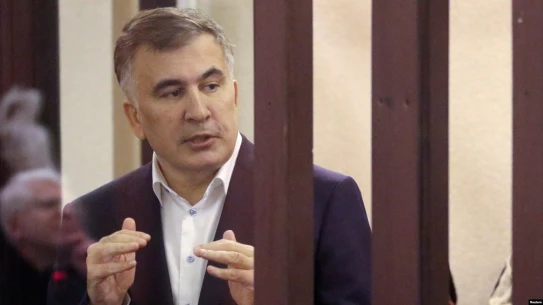"Fact" daily writes:
Even at the end of last year, experts warned that in 2025 from January we will witness an increase in state taxes and fees, which in turn will lead to the expected inflation.
Last year, the government confirmed that they will not increase benefits, salary, pension, at the same time, they are talking about the back payment system on a daily basis, calling it a pension increase.
It turns out that people's incomes do not increase, but they spend more, especially for food, utilities, etc.
According to Karen Chilingaryan, president of "Consumer Advice Center" NGO, inflation is a typical phenomenon not only for our country, but for the whole world.
"Unlike us and countries like us, in the civilized world, salaries and pensions rise along with or even before inflation, somehow compensating for the expected inflation.
Recently, neither pensions nor benefits have increased. The prices of goods and services remain the same. This, of course, hits the pockets of our consumers, especially the vulnerable the middle classes.
Moreover, it should be emphasized here that the middle class is different in different countries.
In the case of our country, a middle-class person is a person who lives on his salary, who is able to take care of his basic problems, sometimes just to survive.
This same inflation cannot bypass them. The incomes of the latter will decrease, people who will face social problems in 2025 will make up a large part of our population," says Chilingaryan. raising taxes cannot be the problem of businessmen only.
Their increase will hit the consumers next.On the other hand, the duties that are the direct target of the consumer are going up.
"Property tax increases every year, we had an increase in parking fees from local taxes, an increase in transport fares is expected this year, and certain changes are planned in relation to the garbage collection fee. So, we see inflation in different directions," our interlocutor notes.
It turns out that the citizen's income does not increase, but the expenses increase rapidly. He reminds that many citizens live mainly thanks to remittances from Russia.
"Due to the fall of the ruble in Russia, the actual income received by an expatriate worker, if we convert it into drams or dollars, has decreased by two or more times. In Russia, wages have almost not increased, and the income of our citizens going to work abroad has decreased.
It turns out that they send less money than before, and this in turn affects the income of their families. In the last two or three years, the dram has also appreciated. There are many factors that affect people's income.
It becomes obvious that poverty may increase," he adds. There is a concern that the number of working poor may increase in this situation. The president of the "Consumer Advice Center" agrees with this point of view.
"People are working, their incomes are not increasing, in contrast to their expenses. Moreover, in this situation, their purchasing power will definitely increase. Today, not only the extremely poor are being "targeted", but also people who are on the verge of poverty and can supplement ranks of the poor.
This is even more problematic," he says. He insists the government should have thought about these issues before embarking on these tax and duty changes.
"It was already clear that the salary, allowance and pension will not increase in 2025. It is not clear whether there will be any changes due to the problems.
Maybe people have expectations of positive changes, but it is unlikely. All this was not taken into account during the adoption of the state budget, what should they do now?" concludes Karen Chilingaryan.
Lusine Arakelyan




























